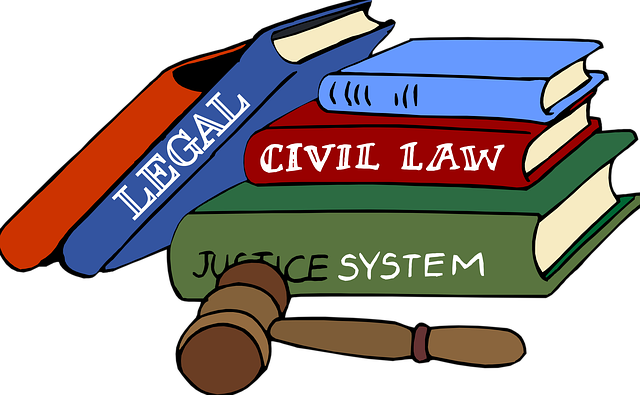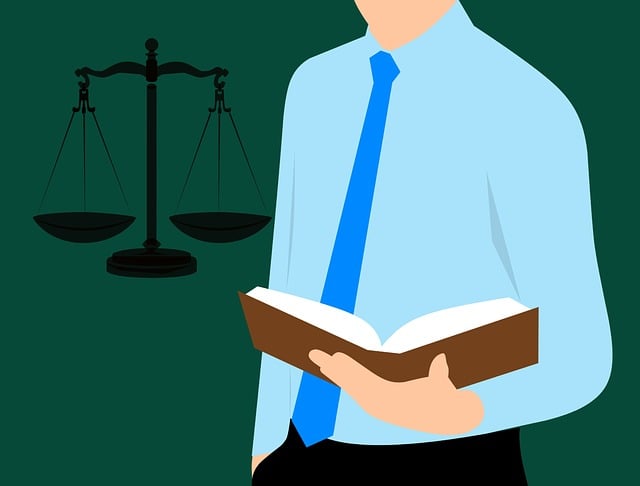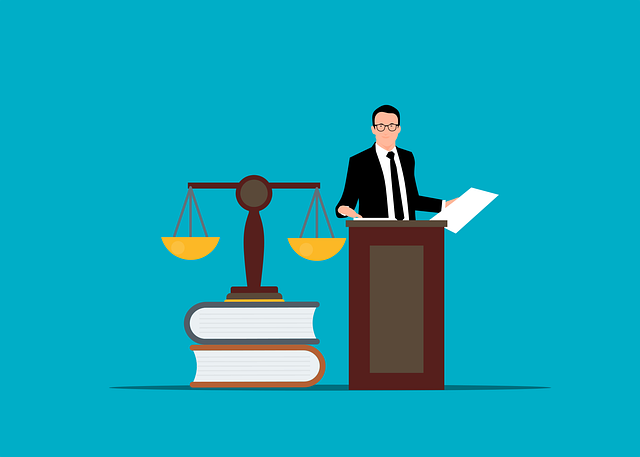Mail wire frauds, disguised as emails or wires from banks or government agencies, target individuals with phishing scams and "imposter" tactics. These cybercrimes demand preparation for administrative law hearings involving financial matters. Key tips include meticulous document gathering, structured file organization, prioritizing relevant evidence, and anticipating adjudicator questions. Understanding your rights, gathering proof of innocence, and receiving legal guidance are crucial in defending against mail wire fraud charges with potential severe consequences. Effective communication during hearings involves clear, concise arguments based on case law and past decisions. Post-hearing stages require strategic planning for appeals, emphasizing the importance of legal expertise in administrative law.
Mail wire fraud, a sophisticated form of financial crime, involves manipulating electronic fund transfers through deceptive means. This article provides an in-depth guide on navigating the complexities of mail wire fraud cases, focusing on preparation tips for administrative law hearings. From understanding the definition and common schemes to post-hearing actions, we explore essential steps. Learn effective strategies for gathering evidence, legal rights, communication during hearings, and appeals processes. Equip yourself with the knowledge needed to successfully defend against or prosecute these financial heists.
- Understanding Mail Wire Frauds: Definition and Common Schemes
- Pre-Hearing Preparation: Gathering Evidence and Documents
- Legal Rights and Responsibilities for Both Parties
- Effective Communication Strategies During the Hearing
- Post-Hearing Steps: Follow-up Actions and Appeals Process
Understanding Mail Wire Frauds: Definition and Common Schemes
Mail wire frauds are a sophisticated and increasingly common form of cybercrime, involving the unauthorized transfer of funds through deceptive email or wire communications. Often masquerading as legitimate requests from banks, government agencies, or even friends and family, these scams exploit individuals’ trust and urgency to steal sensitive financial information.
Common schemes include phishing emails that prompt recipients to disclose login credentials or install malware, leading to account takeovers and unauthorized transactions. Another tactic is the “imposter” scam where fraudsters pose as bank representatives, convincing victims to wire money to avoid fake threats like account closures or legal actions. Understanding these schemes is a crucial preparation tip for administrative law hearings involving financial transactions. By recognizing the signs of mail wire fraud, individuals can take proactive measures to protect themselves and achieve extraordinary results in safeguarding their finances, contributing to the well-being of both philanthropic and political communities throughout all stages of the investigative and enforcement process.
Pre-Hearing Preparation: Gathering Evidence and Documents
Before attending an Administrative Law Hearing, meticulous preparation is key to presenting a strong case. One of the most crucial aspects of this preparation involves gathering and organizing evidence and relevant documents. This process requires a systematic approach to ensure nothing critical is overlooked. Start by collecting all records related to the case, including communications, contracts, financial statements, and any other materials that could support or refute the allegations.
Effective preparation tips include creating a comprehensive file organization system, reviewing all documentation for accuracy and relevance, and prioritizing evidence that directly addresses the core issues under dispute. It’s also strategic to anticipate potential questions from the adjudicator and prepare responses accordingly. This thorough Preparation not only enhances your ability to present a compelling case but also increases the chances of achieving a favorable outcome in high-stakes cases, potentially leading to a complete dismissal of all charges.
Legal Rights and Responsibilities for Both Parties
In the event of a mail wire fraud investigation, both individuals and organizations have specific legal rights and responsibilities. Understanding these is crucial for navigating the complexities of administrative law hearings. Preparation tips for these hearings are varied but critical; from reviewing all stages of the investigative and enforcement process to gathering documents that prove your innocence or mitigate charges, every step counts. Remember that the goal is not only to avoid indictment but also to ensure your rights are protected throughout the general criminal defense process.
It’s essential to treat such cases with care, as mail wire fraud accusations can have severe consequences. Legal representation from a qualified professional who understands these intricacies is key. They can guide you on how to present your case effectively, ensuring that all parties involved are held accountable while also protecting your interests. This proactive approach can significantly impact the outcome, especially in light of the potential long-term implications.
Effective Communication Strategies During the Hearing
During Administrative Law Hearings, effective communication is key to presenting a compelling case. Preparation tips include meticulous organization of evidence and arguments, ensuring clarity in presentation. The hearing environment demands concise and structured legal reasoning, addressing both procedural and factual issues with precision. A thorough understanding of the case law relevant to the specific administrative matter is essential. This involves a deep dive into past decisions to identify trends and precedents that can bolster or challenge your position.
Strategic communication also entails tailoring explanations for diverse audiences, whether representing corporate and individual clients. Adaptability is crucial in these dynamic settings where unexpected shifts are common. Maintaining composure and articulating responses with confidence, while avoiding indictment of opposing parties, can significantly influence the outcome. The hearing provides an opportunity to showcase an unprecedented track record of successful representations, reinforcing your credibility and expertise.
Post-Hearing Steps: Follow-up Actions and Appeals Process
After a Mail Wire Fraud hearing, the process doesn’t end there. The next critical steps involve thorough preparation for any follow-up actions and understanding the appeals process. Those involved should carefully consider all available options and strategize accordingly. This includes meticulously reviewing the hearing outcomes, gathering additional evidence, and preparing robust arguments to strengthen their case.
The appeals process can be intricate, requiring legal expertise in administrative law. It’s essential to consult with experienced professionals who can guide individuals or organizations through these complex procedures. By employing effective preparation tips for Administrative Law Hearings, one can navigate the post-hearing stages effectively, aiming to avoid indictment and protect their respective business interests through robust white collar defense strategies.
Mail wire frauds, a sophisticated form of financial deception, require meticulous preparation and strategic communication. As this article has outlined, navigating through the complex process of an administrative law hearing involves a deep understanding of both the legal framework and practical steps. By combining thorough document gathering, knowledge of one’s rights and responsibilities, and effective communication techniques, individuals can confidently navigate these proceedings. Armed with these Preparation Tips for Administrative Law Hearings, you are better equipped to protect your interests, ensuring a fair outcome in even the most challenging cases.






